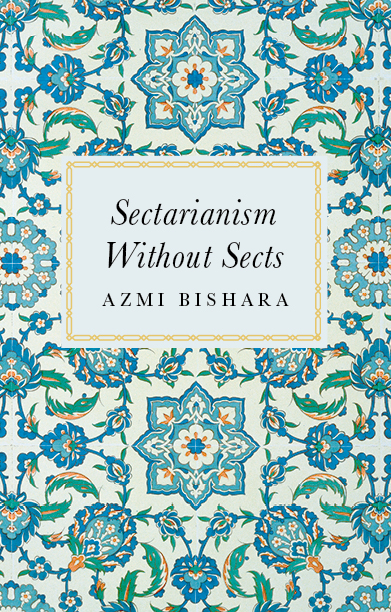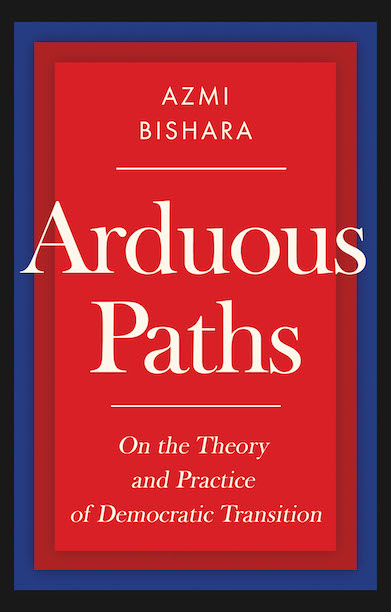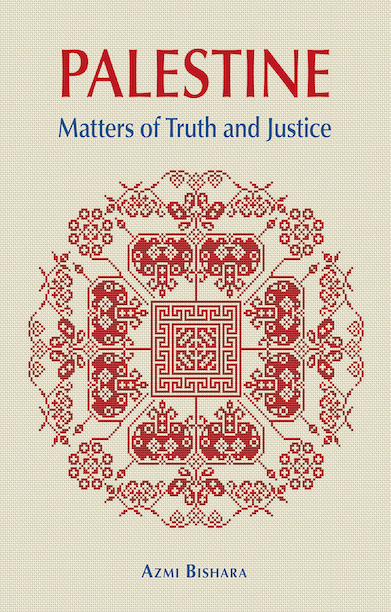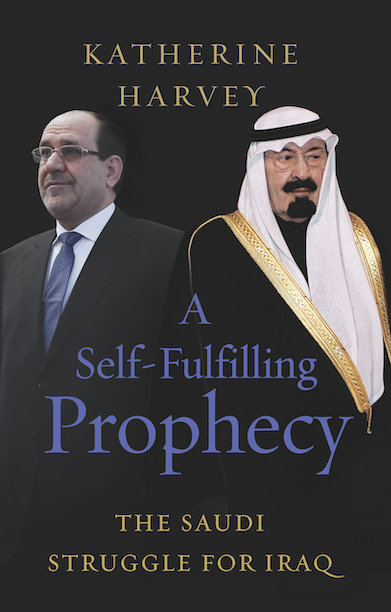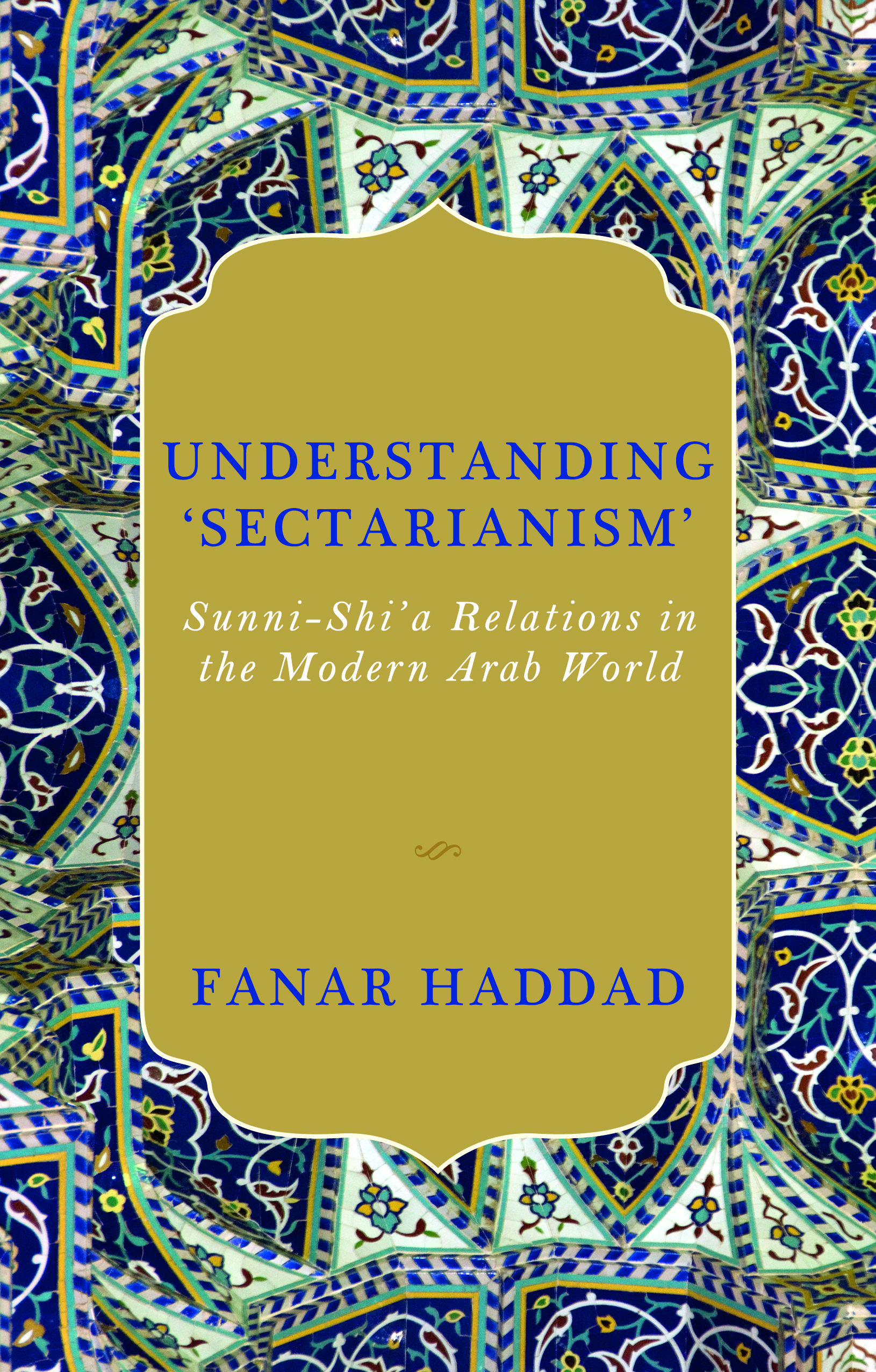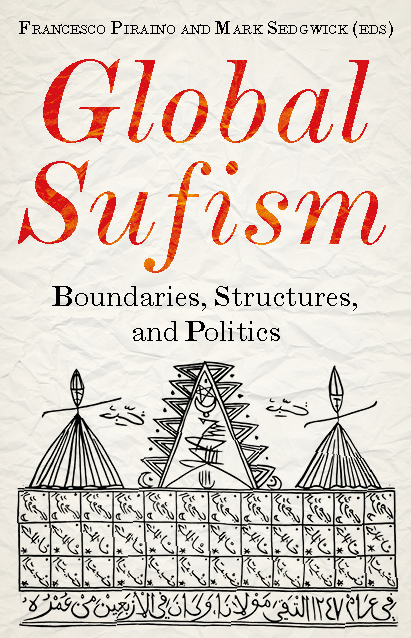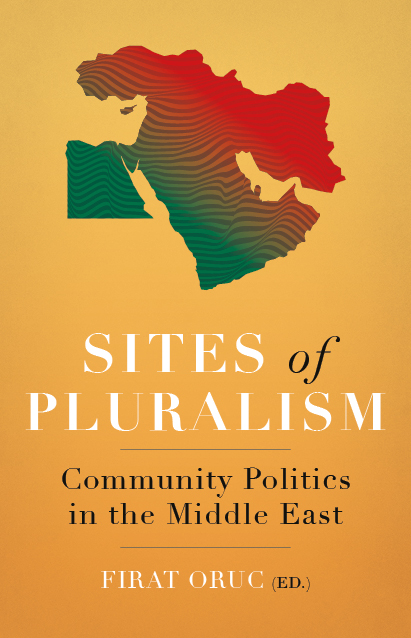Sectarianism Without Sects
Translated by Chris Hitchcock
A rigorous exploration of the roots of sectarianism in the Middle East, analysing how the social category of sect has been reinvented as a basis for political identity.
Description
This volume analyses the transformation of social sectarianism into political sectarianism across the Arab world. Using a framework of social theories and socio-historical analysis, the book distinguishes between ta’ifa, or ‘sect’, and modern ta’ifiyya, ‘sectarianism’, arguing that sectarianism itself produces ‘imaginary sects’. It charts and explains the evolution of these phenomena and their development in Arab and Islamic history, as distinct from other concepts used to study religious groups within Western contexts.
Bishara documents the role played by internal and external factors and rivalries among political elites in the formulation of sectarian identity, citing both historical and contemporary models. He contends that sectarianism does not derive from sect, but rather that sectarianism resurrects the sect in the collective consciousness and reproduces it as an imagined community under modern political and historical conditions.
Sectarianism Without Sects is a vital resource for engaging with the sectarian crisis in the Arab world. It provides a detailed historical background to the emergence of sect in the region, as well as a complex theoretical exploration of how social identities have assumed political significance in the struggle for power over the state.
Reviews
‘A seminal text on the issue of sectarianism. […] Sectarianism Without Sects provides a detailed historical background to the emergence of sect in the Arab world as well as a theoretical exploration of how social identities have assumed political significance in the struggle for power.’ — The Times Literary Supplement
‘Sectarianism without Sects is an engaging seminal study that builds on a multitude of theoretical frameworks as well as historical evidence […]undoubtedly a valuable source of fresh academic insight.’ — The New Arab
‘A deep dive into the complex dynamics that produced political sectarianism, and consequently sects, in the Arab world. Filled with rich comparative insights and sensitive critical engagement with the literature on sectarianism, Bishara’s book makes a passionate call to build states anchored to the principle of equal democratic citizenship.’ — Bassel F. Salloukh, Associate Professor of Political Science, Lebanese American University
‘Drawing on Charles Taylor’s notion of a “social imaginary” and Benedict Anderson’s idea of “imagined communities”, Azmi Bishara undertakes a massive study of the historical sociology, theory and dynamics of sectarian conflict in Europe and the Arab-Islamic world. An intellectual tour de force, and an essential read for serious students of this topic.’ — Nader Hashemi, Director of the Center for Middle East Studies, University of Denver, and co-editor of Sectarianization: Mapping the New Politics of the Middle East
‘Offers a wide-ranging treatise on ideas of sectarianism within political life, transcending the Middle East. Philosophically rich, ambitious and intellectually challenging, this book will come to be regarded as one of the seminal texts in the canon of literature on sectarianism.’ — Simon Mabon, Professor of International Politics, Lancaster University
Author(s)

Azmi Bishara is one of the Arab world’s most prominent scholars, a critic of authoritarianism and colonialism, and a staunch supporter of democratic transition in the region. He has published on political thought, state formation theory, social theory and philosophy. His books include Palestine: Matters of Truth and Justice; Sectarianism Without Sects and Arduous Paths: On the Theory and Practice of Democratic Transition (all published by Hurst); as well as Religion and Secularism in Historical Context; The Question of the State: Philosophy, Theory, and Context; and On Salafism.
